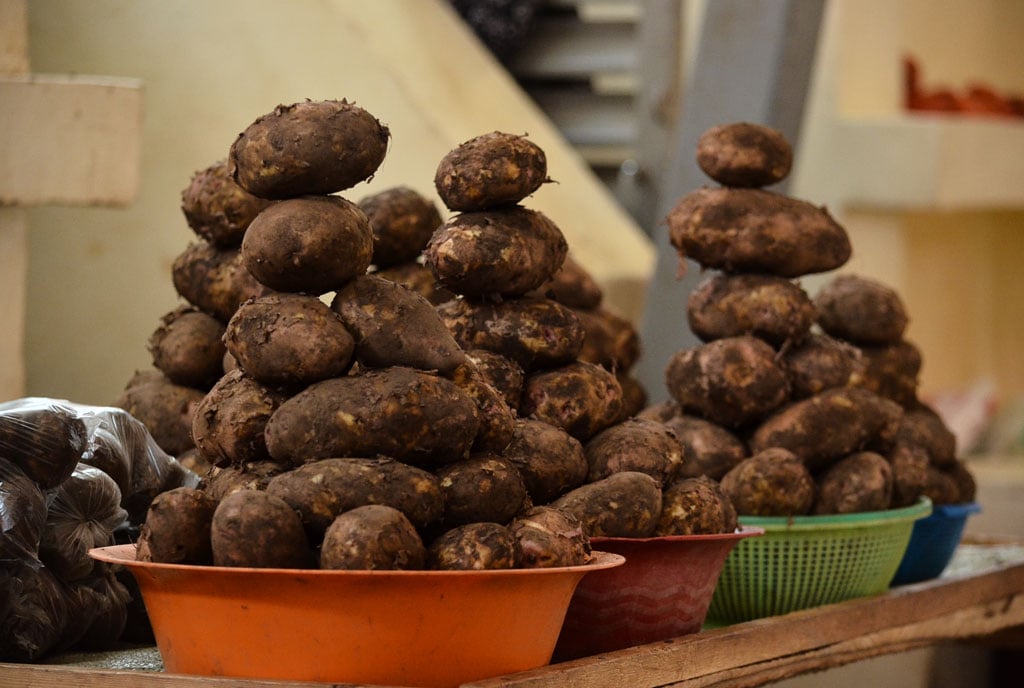Prime
Does farming protect the natural environment?

Author, Micheal J Ssali. PHOTO/FILE.
What you need to know:
- It is good to reflect on what would be the consequences of not using pesticides and herbicides or synthetic fertilisers in today’s agriculture.
There is a lot of talk about the need for farmers to protect the natural environment and to promote biodiversity. The farmers are also often cautioned about some scientific farming technologies particularly those that include the use of agricultural chemicals. They are encouraged to do natural or organic farming which is believed to produce healthier food.
I have been reading an article authored by Professor Maarten Chrispeels in the online Genetic Literacy Project, titled “Rejecting simplistic organic farming — Instead of worrying about which farming system is more ‘natural’, which is impossible to define, focus on sustainability” dated November 16 2023. In the article he asks quite interesting questions. “What exactly do we mean by natural? And what would be the costs to society of abandoning new technology in agriculture?”
It is good to reflect on what would be the consequences of not using pesticides and herbicides or synthetic fertilisers in today’s agriculture.
Do we have enough organic fertilizers – livestock manure and compost manure to go round for all the farmers to use?
Professor Chrispeels argues that actually there is nothing natural about farming. We may look at a banana plantation or a green maize field and marvel at its beauty but, according to Chrispeels, its creation required the complete destruction of the natural ecosystem and its replacement by an agricultural ecosystem.
“Further, to grow so many of the same plants in one field while at the same time suppressing the growth of other plants --- in this case weeds --- is not natural,” he says.
“This is true even for farmers who carry out crop rotation, or inter-cropping the practice of growing two or three crops at the same time. Such an ecosystem is not what nature intended, and as a result we must continuously supply fertilisers and apply weed control, disease control, and insect control measures to keep that artificial ecosystem going.” Agriculture therefore does not even support biodiversity.
The professor goes on to argue that even the crop plants that we grow were domesticated 5000 to 10,000 years ago and in the process their genetic makeup has been changed considerably and irreversibly.
They must be protected and can no longer survive in nature on their own.
From time immemorial people have been selecting and breeding the best crop seeds for planting with the view to increase agricultural production. Nothing has been left to nature.




